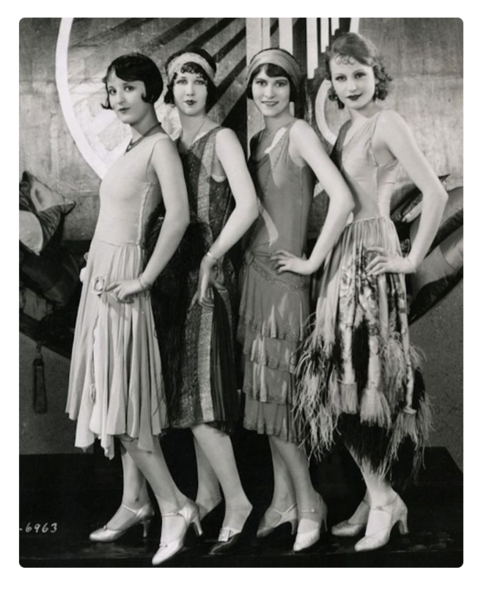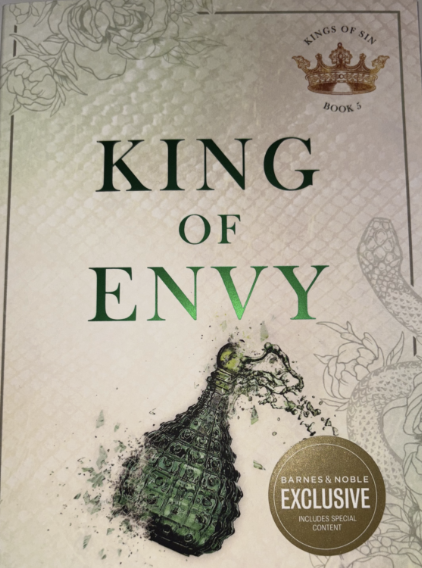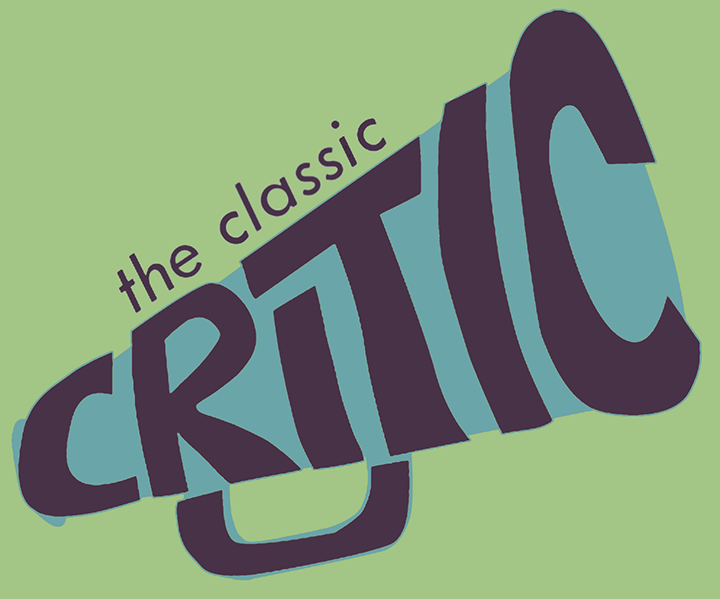The novel, The Bell Jar, is not your typical coming of age story. Taking place in the 1950’s, the protagonist Esther Greenwood is a gifted young woman who landed an internship at a prominent magazine in New York City. Readers accompany her as she navigates through various issues like mental health, gender norms, and societal expectations while being completely isolated. Her story is more than just a narrative, but also one that provides a deeper look into the difficulties women living in the 20th century had to overcome. As much as it is a compelling exploration of mental health, the book also serves as a semi-autobiographical account of Sylvia Plath’s life. Sylvia Plath is considered to be one of the 20th century’s most significant writers and poets. However, it is important to note that this novel is not for everyone because it is a difficult book to read and touches on some darker topics.
The Bell Jar has become one of my favorite books because of the descriptions, metaphors, and similes being the best I have ever come across. Even the title symbolizes Esther’s emotional and mental struggles, her feelings of imprisonment by both external and internal conflicts. You are not only reading a tragedy when turning these pages, but you are reading a deep poetic depiction of one’s suffering. While this book may be disturbing in parts, at the same time it is a work of art. The Bell Jar provides insight into helplessness, depression and despair. Plath’s gift for developing characters extends beyond the character Esther. Each character in this novel is beautifully crafted and adds depth to the story.
One of the novel’s standout features is Plath’s ability to use words to paint intriguing pictures into her reader’s minds. Every word is purposely chosen to create a specific feeling. As readers we take part in Esther’s journey rather than just observing it. Her writing style and exploration of personal emotions has left a long lasting effect on the literacy world.
Meanwhile, Plath’s portrayal of mental health is the central theme focused on throughout the book.. The narrative highlights the pressures encountered by young women in a culture that imposes high standards on them. Esther’s choice to rebel against the norm and to go against society suggests that women should have more freedom and control over their lives. It ultimately sends a strong message forcing us to break free from rules that hold us women back.
However, one thing that left me slightly dissatisfied was the pacing. At times, the story seemed to be moving at a slower pace, which made it difficult to remain interested in the book. Additionally, I found it difficult to empathize with the protagonist and relate to her especially since her problems were so detached from my personal experiences.
Overall, The Bell Jar was beautifully executed and a life changing read. The novel not only forces readers to confront their own vulnerabilities but also become resilient in face of struggles. After I finished the novel, I became very curious about Plath’s personal life and the parallels drawn in The Bell Jar. I was left with sadness and sympathy for both Esther and Sylvia. This book is the type to leave you with complete emptiness upon completion.








































